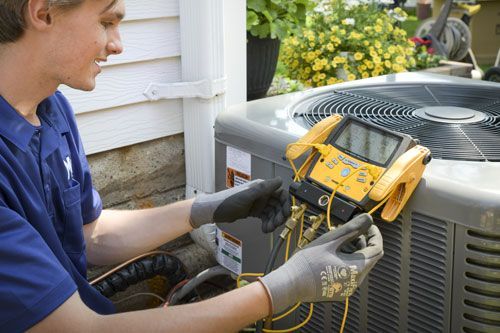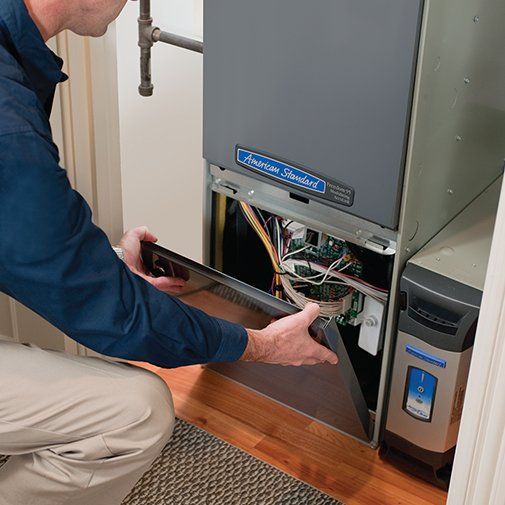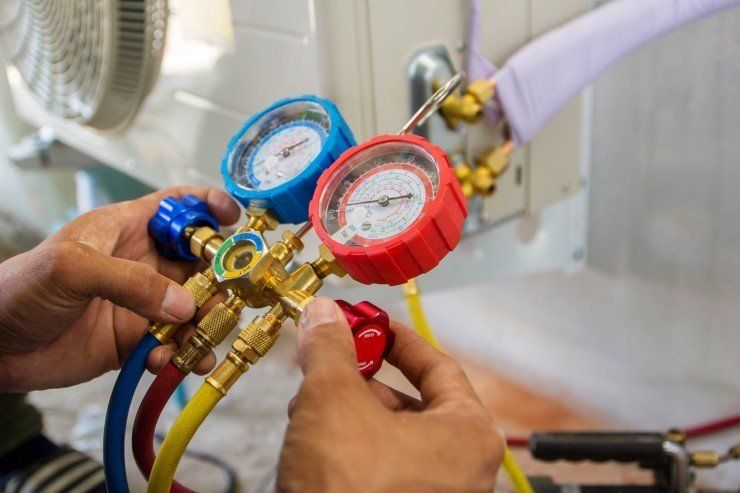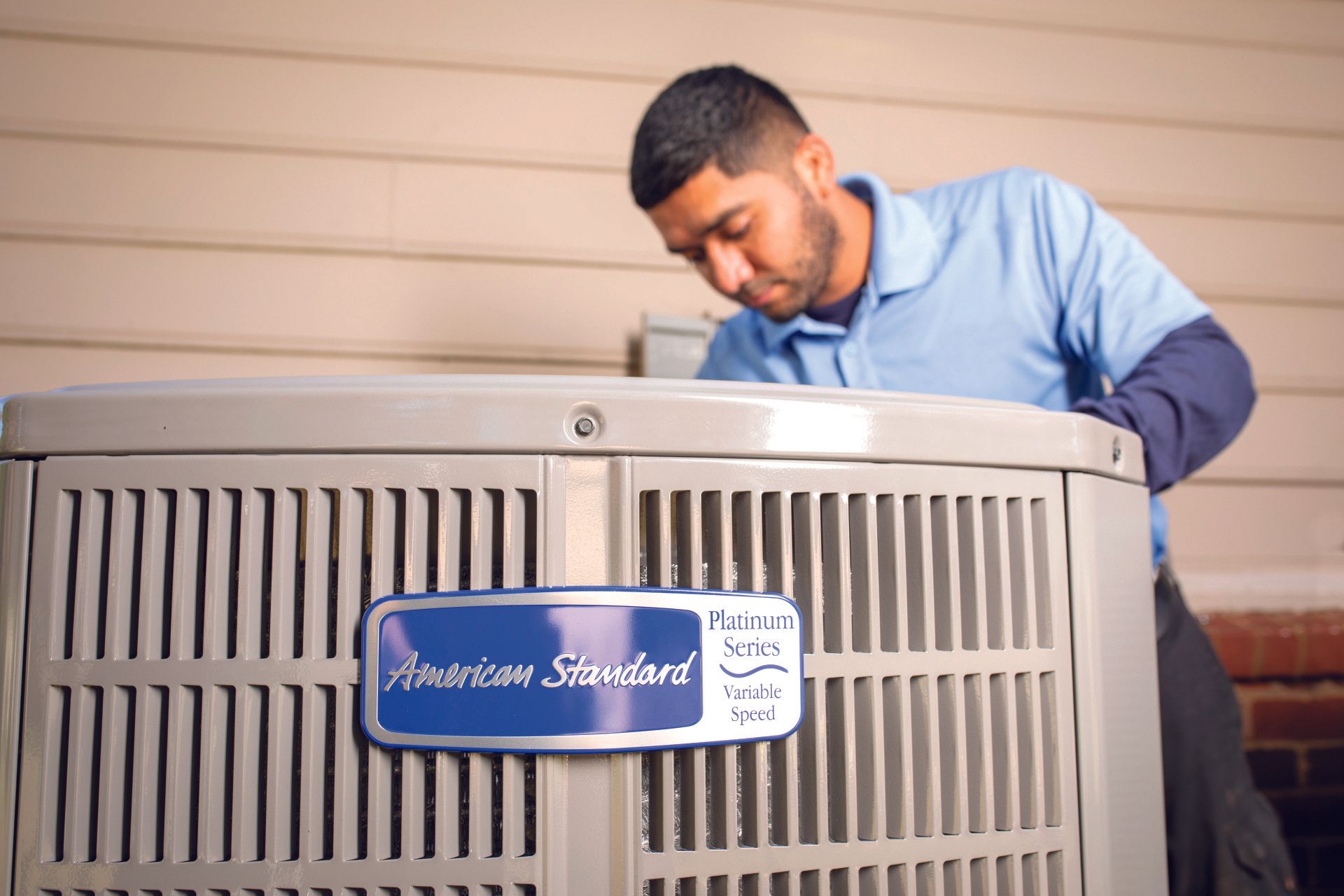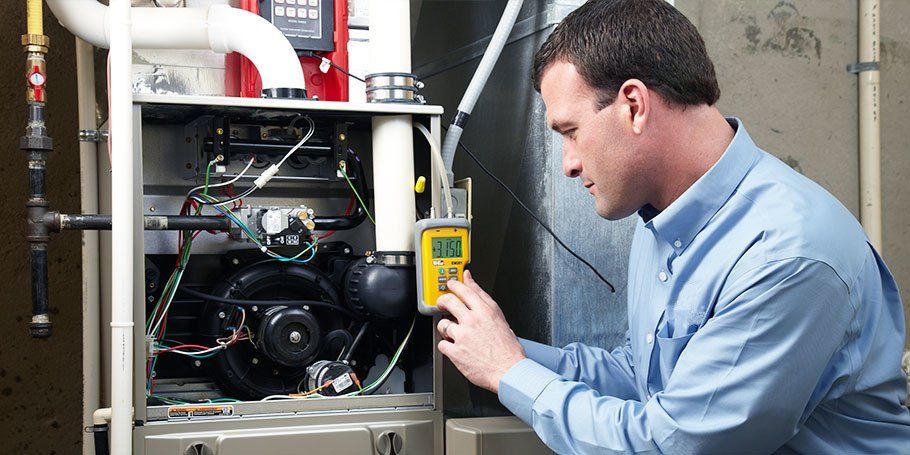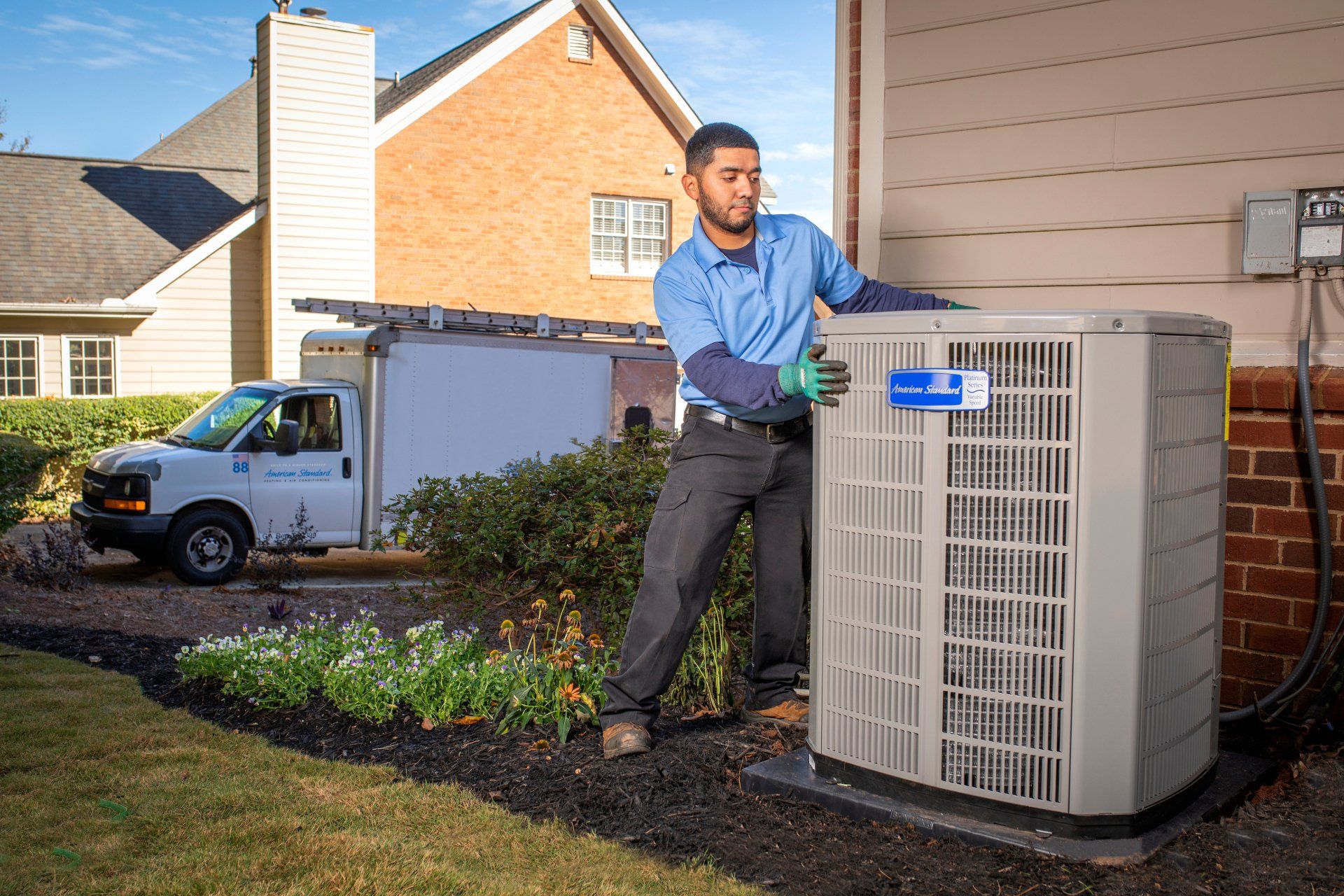Spring Cleaning for Your HVAC System: Maintenance Tips and Checklist
As spring arrives in Chester, SC, it's the perfect time to give your HVAC system some much-needed attention. Spring cleaning isn't just for your home; your heating and cooling system also benefit from a thorough maintenance routine. In this blog, the Cudd Heating & Air team will share essential tips and a checklist to help you ensure that your HVAC system is in top condition for the warmer months ahead.
Replace Air Filters
Start your spring HVAC maintenance by replacing the air filters. Clean air filters promote better indoor air quality and improve system efficiency by allowing proper airflow. Aim to replace filters every 1-3 months, depending on your system and household needs.
Clean Outdoor Unit
Inspect the outdoor condenser unit for any debris such as leaves, grass clippings, or branches that may have accumulated over the winter. Use a gentle spray from a garden hose to clean the unit and ensure proper airflow. Trim any vegetation around the unit to maintain at least 2 feet of clearance.
Check Thermostat Settings
As you transition from heating to cooling mode, check your thermostat settings to ensure they are adjusted for the upcoming warmer weather. Consider upgrading to a programmable or smart thermostat for added convenience and energy savings.
Schedule Professional Maintenance
Consider scheduling a professional HVAC maintenance service to thoroughly inspect and tune-up your system. A trained technician can identify any potential issues, clean essential components, and ensure that your HVAC system is operating efficiently and reliably.
Check Refrigerant Levels
For air conditioning systems, check refrigerant levels to ensure they are within the manufacturer's recommended range. Low refrigerant levels can indicate a leak and may require professional attention to repair and recharge the system.
Spring cleaning for your HVAC system is an essential task that helps maintain comfort, efficiency, and indoor air quality. By following these maintenance tips and checklist, you can ensure that your HVAC system is ready to keep you cool and comfortable during the warmer months ahead. If you need assistance with HVAC maintenance or repairs, don't hesitate to contact us. Our team of experienced technicians is here to help keep your HVAC system running smoothly all year long. To learn more about some of the professional HVAC services we offer and provide here at Cudd Heating & Air, check out our
services page today!
